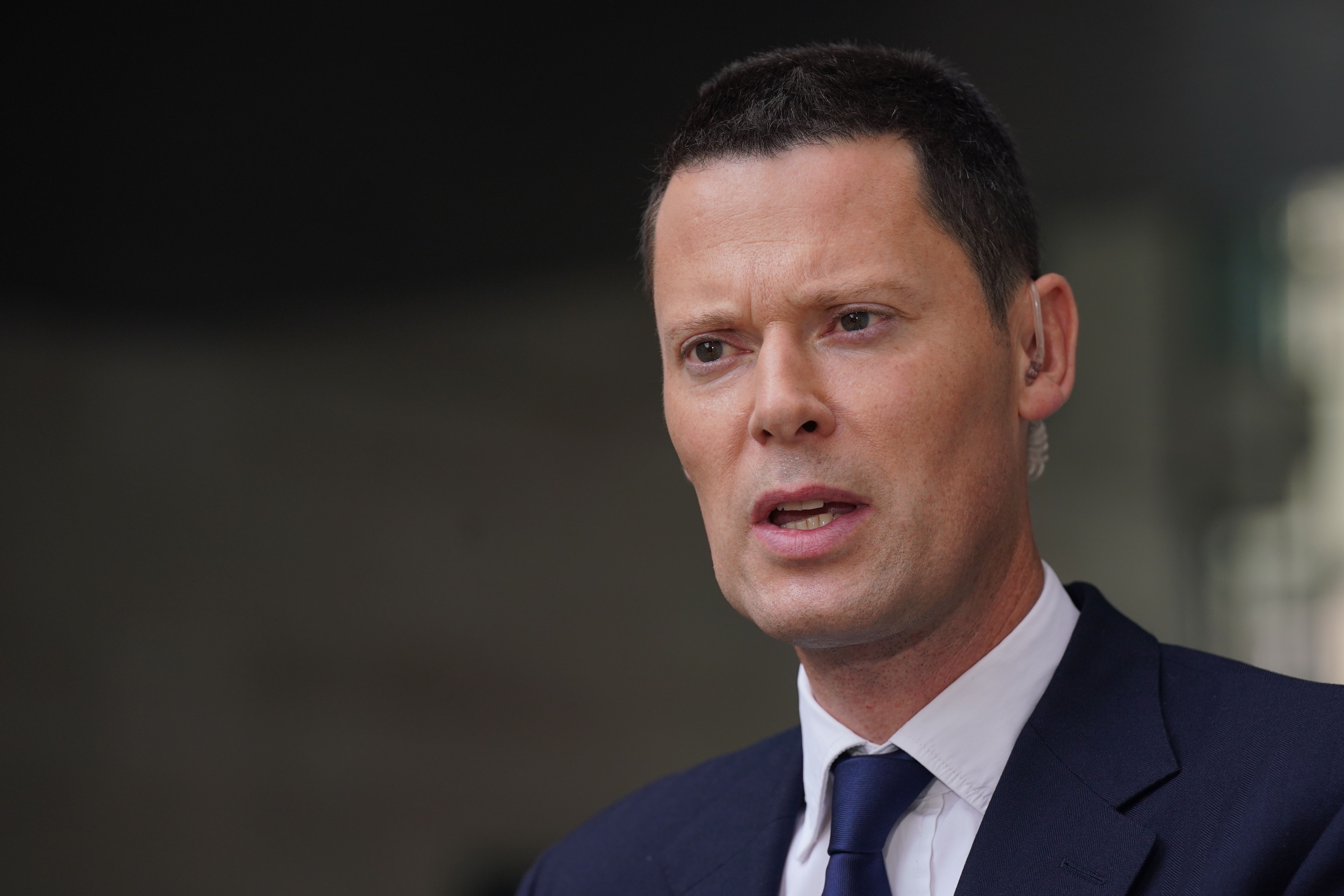I’ve served my time – now I want freedom: Prisoner makes landmark parole bid against indefinite jail term
Exclusive: Nicholas Bidar claims he is a ‘political prisoner’ as he makes a public bid for freedom after more than 15 years behind bars under an IPP sentence
The first IPP prisoner to have his parole bid held in public has revealed how each day is “torture” serving a sentence with no release date.
Controversial imprisonment for public protection (IPP) sentences were scrapped in 2012 amid human rights concerns, but not retrospectively, leaving thousands languishing in jail for years beyond their minimum tariff.
Among them is Nicholas Bidar, 36, who was handed an indefinite jail term with an eight-year minimum tariff for a string of robberies and using a gun to resist arrest aged 20 in 2008.
But more than 15 years later he is still being held in a maximum-security Category A prison with no release date.
To raise awareness of his plight, he has successfully applied to be the first IPP prisoner to have his parole hearing held in public after new laws came into force to increase transparency around parole decisions.
Ahead of the landmark hearing on Monday, Mr Bidar told The Independent how the reality of his uncertain sentence has impacted him, adding: “Every day feels like torture. I struggle daily to get through the day.”

His plea comes after The Independent revealed a coalition of mental health, human rights and criminal justice experts had issued a joint appeal for parliament to end the “living nightmare” of IPP sentences by pushing through reforms in the Victims and Prisoners Bill.
This includes a call to carry out a resentencing exercise for almost 3,000 IPP prisoners, 800 of whom have served more than 10 years longer than their minimum tariff.
So far more than 80 IPP prisoners are known to have taken their own lives amid fears about the hopeless nature of the sentence – including seven whose self-inflicted deaths were revealed by The Independent last year.
In a rare statement issued through his lawyer from inside HMP Long Lartin in Worcestershire, Mr Bidar said he accepts his offending was serious – including further assaults committed in prison and a period in which he escaped custody – admitting “I did wrong”.
But he insists he has completed his sentence plan and is ready for release – adding that a 2021 parole board previously recommended he should be moved to open conditions.
Despite the parole board decision, the move was blocked by the secretary of state for justice who refused to downgrade him from a Category A high-risk prisoner.
He argues this has left him a “political prisoner” until the justice secretary Alex Chalk agrees he should progress.
“I’m in a high-risk environment among some of the most evil men. Serious violence occurs daily often over such minor things. It’s a hostile and dangerous place. I’ve not been violent for a number of years,” he told The Independent.
“I’m exhausted by the sentence. Life is passing me by. I did wrong. I’ve spent a long time doing courses and those who assess me have consistently said I’ve completed my sentence plan.
“I need a chance. A life licence is a heavy burden and one I take seriously. I would not return to prison. I want to spend time with my family.”
His lawyer Dean Kingham, a prison and public law solicitor at Reece Thomas Watson, represents several inmates struggling under the abolished IPP sentence.
He told The Independent: “He has completed his sentence plan. He should at the very least be going to open conditions. I have got two psychologists who are recommending his direct release – that is a marker of the progress he has made.
“I have represented Nick for years now. I noticed a real shift in his attitude in the last six to 12 months in the sense that he’s just become so hopeless.”
The government has so far refused to resentence IPP prisoners, despite a “worrying rise” in self-inflicted deaths reported in prisons as inmates lose hope. Instead, justice secretary Alex Chalk proposed reducing the IPP licence period from 10 to three years, in plans announced last year.
However, Mr Kingham said resentencing is the only way to address the “stain” of the flawed sentence, which the British Psychological Society has said leaves people in a “chronic state of anxiety and hopelessness”.
“It’s causing ongoing psychological harm and some of them do have mental health issues. It’s only getting worse,” he said, noting that despite overwhelming evidence the sentence is flawed, there is a lack of political will to release inmates in case they go on to reoffend.

Urging Mr Chalk to revisit resentencing, he said: “In an election year, have the cojones to do what’s right rather than put your political career first. Because he knows this sentence is flawed and wrong.”
A Ministry of Justice spokesman said: “We have reduced the number of unreleased IPP prisoners by three-quarters since we scrapped the sentence in 2012.
“We have also taken decisive action to curtail licence periods and continue to help those still in custody to progress towards release by improving access to rehabilitation programmes and mental health support.”
Earlier this month, 11 leading voices called for IPP reform including the Royal College of Psychiatrists, the British Psychological Society, Amnesty International, Justice, Liberty, the United Group for Reform of IPP, the Probation Institute, the Centre for Crime and Justice Studies, Inquest, the Howard League for Penal Reform, and the Prison Reform Trust.
Mr Bidar will face a two-day parole hearing on 18 March.
